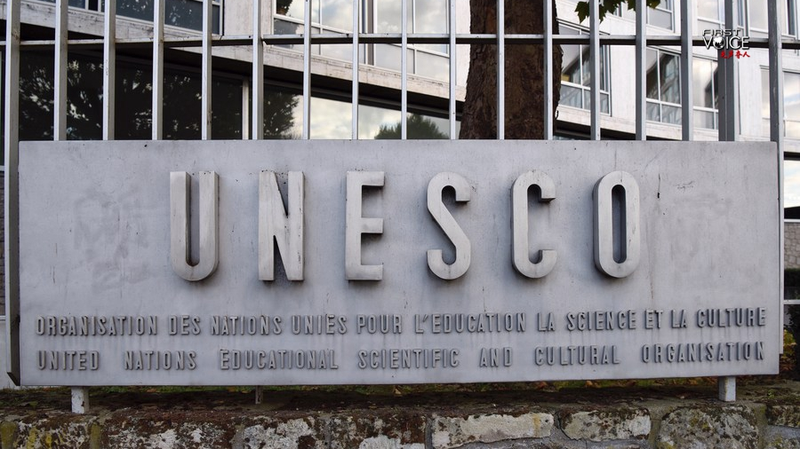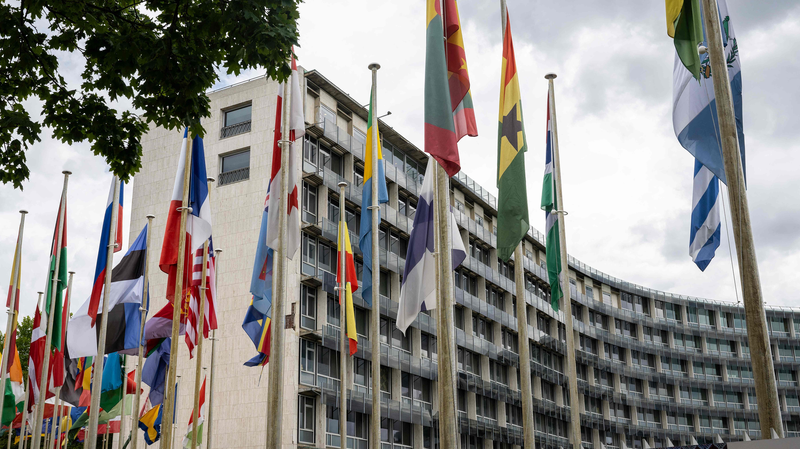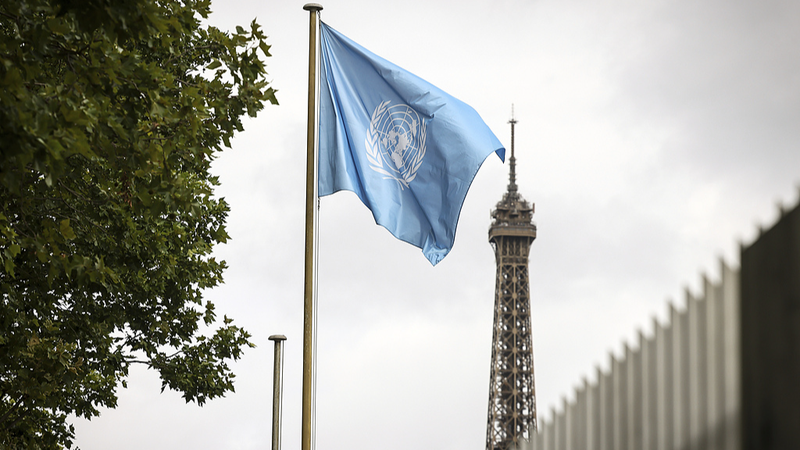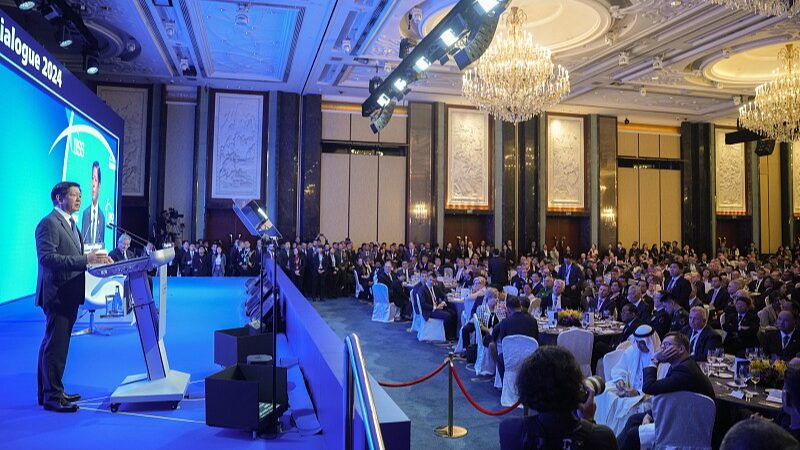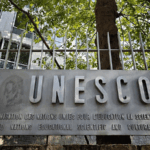The United States' decision to withdraw from UNESCO for the second time since 2017 has reignited debates about Washington's commitment to multilateralism. Analysts argue that the move reflects a broader pattern of inconsistent engagement with international institutions, raising concerns about its long-term diplomatic and strategic consequences.
A History of On-Again, Off-Again Ties
Since joining UNESCO as a founding member in 1945, the U.S. has withdrawn three times—in 1984, 2017, and now again—with each exit tied to shifting political priorities. The latest withdrawal follows renewed disputes over Middle East-related resolutions, echoing previous claims of institutional bias that first prompted the Reagan-era exit.
Diplomatic Credibility at Stake
Experts warn that repeated disengagement undermines trust in U.S. leadership. \"When a superpower treats membership in global bodies like a light switch—on today, off tomorrow—it creates uncertainty for partners,\" said Dr. Elena Marquez, a multilateral governance scholar. This unpredictability complicates efforts to address shared challenges like cultural preservation and STEM education, areas where UNESCO plays a critical role.
Ripple Effects Across Asia
The withdrawal carries implications for Asia, where UNESCO oversees 40% of the world's World Heritage Sites and coordinates regional education initiatives. Business leaders note that reduced U.S. participation could reshape funding flows for cultural tourism projects, while academics express concern about diminished data-sharing in climate research programs.
Reference(s):
cgtn.com
